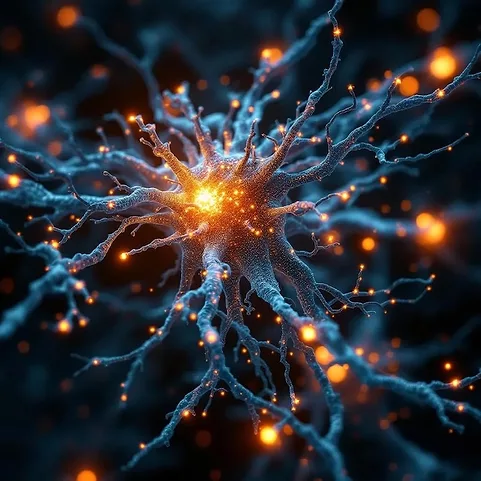Varying symptom profiles of depression correlated with specific triggering events
We generally think of major depression as a single disorder with various possible symptoms. Theonlyspecificprofilethatwe sometimes look for is atypical depression, encompassing reverse neurovegetative symptoms and reactivity of mood. A new study of nearly 5,000 people who had experienced various depressive symptoms hints that specific kinds of life events trigger specific depressive symptoms. For example, deaths of loved ones and romantic losses are associated with high levels of sadness, anhedonia, and appetite loss. Chronic stress and failure, on the other hand, were weakly associated with these three symptoms, but were strongly associated with fatigue and hypersomnia (Keller MC et al., Am J Psychiatry 2007;164:1521-1529).
TCPR’s Take: This suggestive data should encourage us to look at our depressed patients with fresher eyes. While it may be easier to say that “a depression is a depression is a depression,” this may not be true, and paying more attention to the specifics of each patient’s road to their symptoms may allow us to predict which depressive symptoms will become most problematic.
Newsletters
Please see our Terms and Conditions, Privacy Policy, Subscription Agreement, Use of Cookies, and Hardware/Software Requirements to view our website.
© 2025 Carlat Publishing, LLC and Affiliates, All Rights Reserved.


_-The-Breakthrough-Antipsychotic-That-Could-Change-Everything.webp?t=1729528747)



